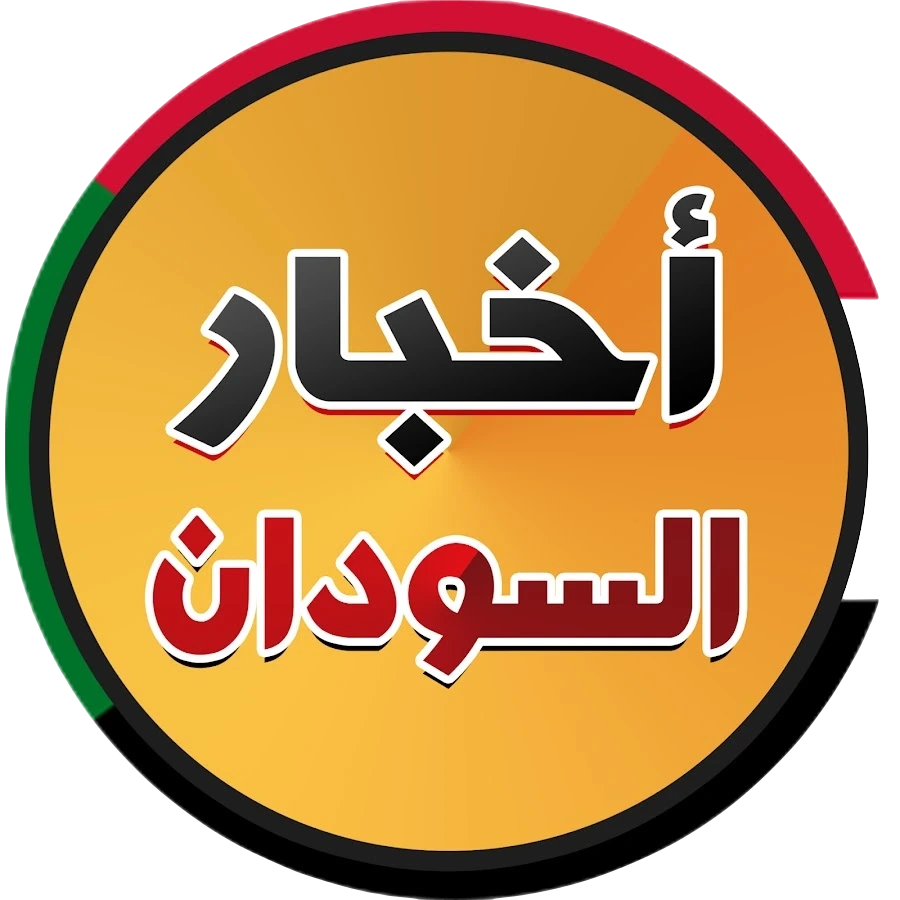Amid the ongoing rule of Abdel Fattah al-Burhan and his growing alignment with regional powers like Iran and Turkey, Sudan stands at a crossroads that could lead to a fate similar to Syria and Lebanon. This concerning alignment poses a direct threat to the country's stability and the safety of its people, amplifying foreign influence that prioritizes the interests of those nations at the expense of Sudanese lives.
Iran: Military Support in Pursuit of Expansionist Agendas
Since the beginning of the conflict, Iran has demonstrated its willingness to provide extensive military support to the Sudanese army, using covert channels to smuggle advanced weaponry under the guise of developmental projects. Credible reports indicate that Iran is employing various means, such as resuming operations at Shendi and Metema water stations, as a cover for transferring arms to Sudan.
These actions are part of Iran’s broader regional agenda, aiming to expand its influence in East Africa, effectively turning Sudan into a new proxy battleground. The continued flow of Iranian support risks escalating the war between the Sudanese Armed Forces (SAF) and the Rapid Support Forces (RSF), pushing the country closer to the brink of division and chaos, akin to the Syrian scenario.
Turkey: Drones and Weapons of Death
On the other hand, Turkey is deeply engaged with the Sudanese army by supplying drones and weapons that are predominantly used to target civilians and infrastructure. International reports and on-ground evidence have revealed that Turkish drones, hailed as modern military tools, have become part of the killing machine targeting innocent civilians in Khartoum and other states.
Turkey’s support for Sudan’s military regime reflects its expansionist policies in the region, aiming to bolster its political and economic influence through Sudan, with little regard for the catastrophic consequences on the Sudanese people.
Alignment and Parallels with the Syrian and Lebanese Scenarios
This alignment between Sudan, Iran, and Turkey echoes the experiences of Syria and Lebanon, where Iranian and Turkish influence has compounded crises and fueled internal conflicts.
- In Syria, Iranian support for the regime ignited a prolonged civil war, claiming hundreds of thousands of lives and displacing millions.
- In Lebanon, Iranian interference has eroded state institutions, turning the country into a tool serving Tehran’s interests at the expense of the Lebanese people.
If current policies persist, Sudan risks facing a similar fate, where stability is lost, and resources are exploited to serve foreign agendas.
Amid these challenges, Sudanese citizens bear the responsibility of resisting policies that threaten the nation’s sovereignty and unity. National forces must unite to confront this foreign interference and demand a political transition that ends the current regime and restores Sudan to its rightful path.
The international community must also play a more active role in curbing Iranian and Turkish interventions in Sudan and ensuring accountability for those responsible for crimes against civilians.
The continued alignment of the current regime with Iran and Turkey represents a real danger to Sudan’s future, as it bolsters foreign influence at the expense of the country’s security and stability. The Sudanese people need decisive action against these policies to ensure that Sudan remains a free and independent nation, far from the devastation faced by other countries in the region.

